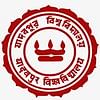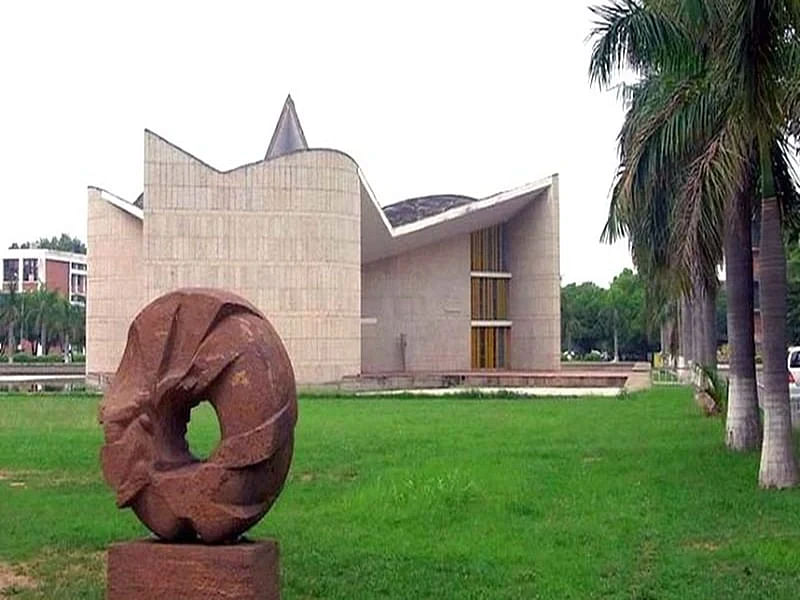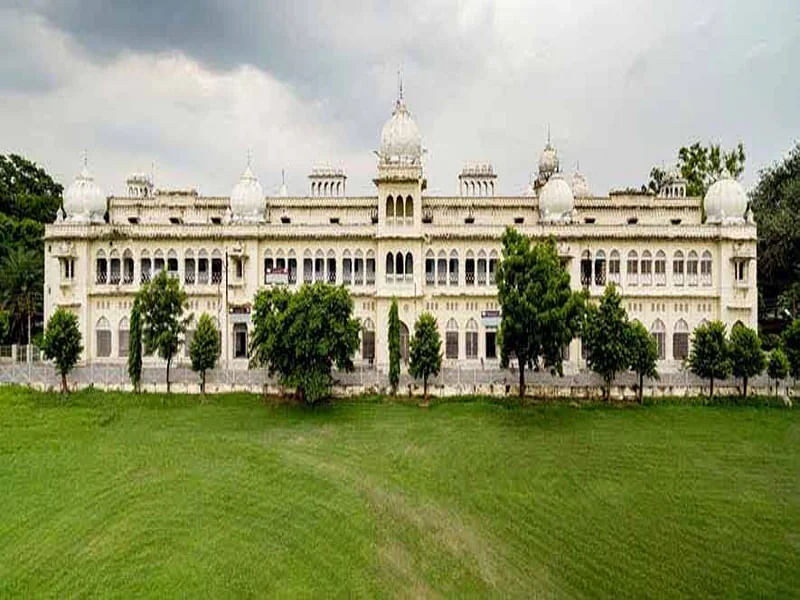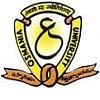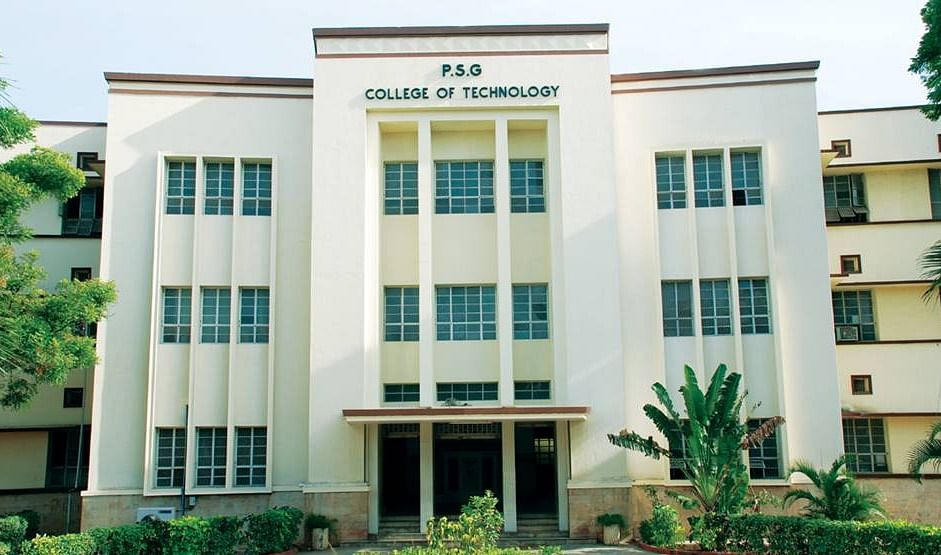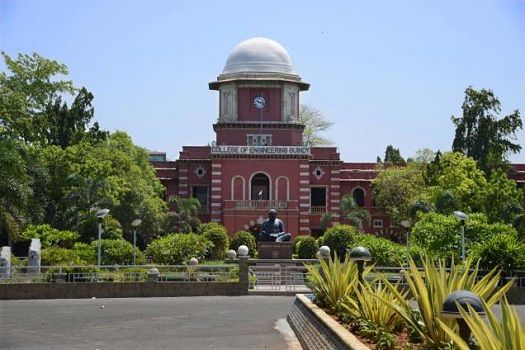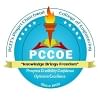BE IT Syllabus and Subjects

Bachelor of Engineering Information Technology syllabus for the course is designed in such a way to help the students with theoretical knowledge and skill-sets that meet the requirements of IT businesses. Bachelor of Engineering Information Technology subjects includes the core concepts of Database Management Systems, Java Programming, Information Security, Algorithm Analysis, Computer Networking etc.
Semester Wise BE IT Syllabus
The syllabus of BE Information Technology is divided into eight semesters spread over a span of four years with the end semester examination being held at the end of each semester. BE Information Technology course is a mix of theory and practical learning through projects and internships. Given below are the BE Information Technology subjects list taught in the course:
|
Semester I |
Semester II |
|
Physics |
Data Structures using C |
|
Chemistry |
Mathematics II |
|
Mathematics I |
Engineering Graphics |
|
Engineering Mechanics |
Electronic Devices |
|
Semester III |
Semester IV |
|
Mathematics III |
Operating Systems |
|
Fluid Mechanics |
Computer Graphics |
|
Database Management Systems |
Discrete Mathematics |
|
Digital Systems |
Management Information System |
|
Semester V |
Semester VI |
|
Software Engineering |
Microprocessor |
|
VHDL Programming |
System Programming |
|
Computer Architecture |
Advanced Networking |
|
Java Programming |
Microprocessor Lab |
|
Semester VII |
Semester VIII |
|
Artificial Intelligence |
Digital Image Processing |
|
Advance DBMS |
Network Operating System |
|
Software Project Management |
Project Work |
|
Industrial Training |
Comprehension Viva-voce |
BE IT Subjects
The BE Information Technology course deals with the application of computer systems for storing, studying, transmitting, and manipulating available data or information. BE Information Technology includes two kinds of subjects, core and elective subjects. Some of the compulsory subjects are:
- Engineering Mathematics
- Basics of Electronics
- Computer Languages
- Introduction to Web Technology
- Operating Systems
- Concepts of Database
- Software Project Management
- Introduction to Microprocessor
BE IT Course Structure
The BE Information Technology course structure is designed in such a way that it includes theory and practicals. The course is aimed at transforming engineering aspirants into qualified professionals who are capable of meeting the demands of the industry both technically and academically. The course structure is given below:
- VIII Semesters
- Core Subjects
- Elective Subjects
- Labs/Workshops
- Projects
- Industrial Training
BE IT Teaching Methodology and Techniques
The BE Information Technology course curriculum has different teaching methods. Along with lectures and practicals, the students also have projects, research papers, group discussions, and internships to be completed by the end of the last semester. Listed below are the teaching methodology and strategies in general:
- Thesis/Projects
- Conceptualized Learning
- Traditional Classroom-Based Teaching
- Labs/Workshops
- Seminars
- Field Trips
BE IT Projects
BE Information Technology projects are given to students to understand the concepts and help students in getting hands-on experience. Projects are to be completed by the end of the eighth semester. Some popular BE Information Technology projects topics are:
- Door based on Face Recognition
- Reliable Electronic Voting with Regulated Blockchain Technology
- Stock Market Instability Prediction Approach using Time Series Data
- Database Compression based on Flash
- Processing of to Chinese Sign Language
BE IT Reference Books
BE Information Technology books are available both online and offline by many authors and publications. Reference books are meant for gaining an in-depth understanding of concepts. Some of the reference books for BE Information Technology are:
|
Name of the Books |
Authors |
|
Fundamentals of Information Technology |
Deepak Bharihoke |
|
Information Technology |
Eric Frick |
|
Encyclopedia of Information Science and Technology |
Mehdi Khosrowpour |
|
Innovation and IT in an International Context |
Frantz Rowe |

